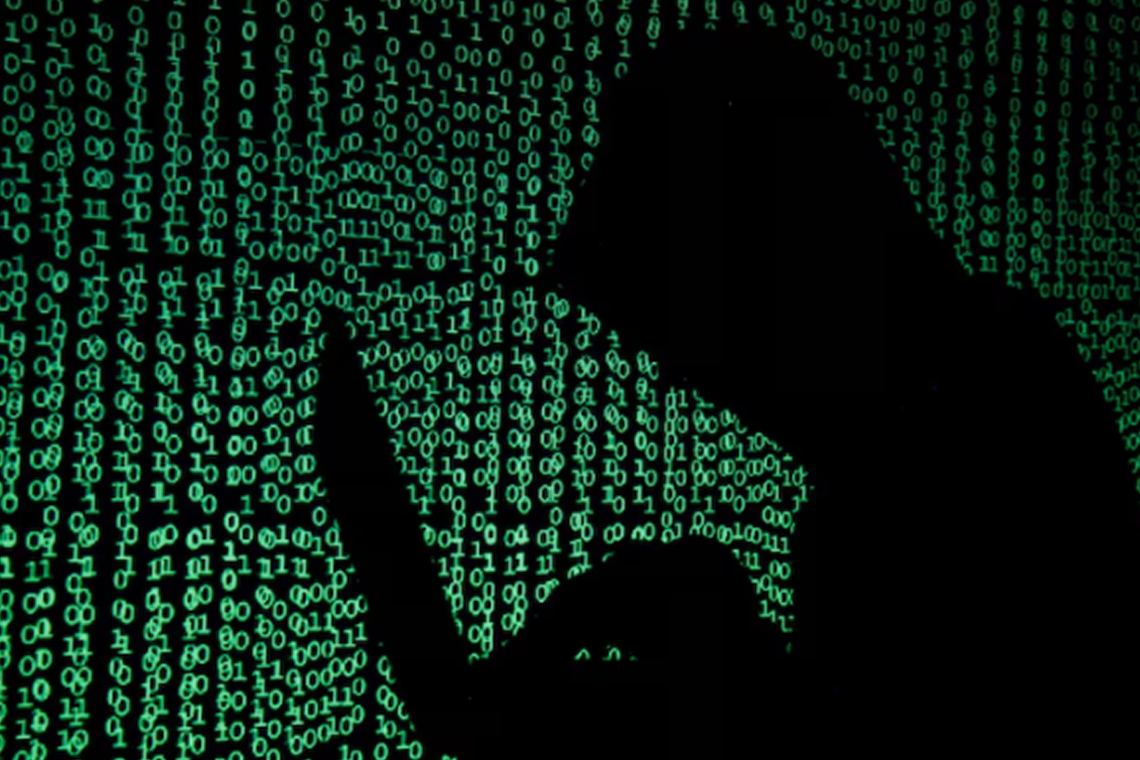The Philippines has detected foreign attempts to infiltrate its intelligence data, but no breaches have been recorded so far
according to Ivan Uy, the country’s minister for information and communications. Uy stated that the government has been closely monitoring cyber threats and has successfully defended against multiple attempts to compromise national security.
Uy revealed that Advanced Persistent Threats (APTs)—state-backed or highly sophisticated cyber groups have repeatedly targeted government systems but failed to break through national cybersecurity defenses. He emphasized that these threats have existed for a long time and originate from multiple sources, though the majority are foreign. Some of these threats, which he referred to as “sleepers,” had been embedded in government systems for extended periods before being detected and neutralized. Uy questioned why such threats had been operating unnoticed for so long, underscoring the importance of proactive cybersecurity measures.
So far, there have been no cyberattacks targeting critical infrastructure, a fact Uy attributes to strong national cyber defenses. However, he acknowledged that attributing cyberattacks to specific actors is challenging, as attackers often leave misleading digital traces to obscure their true origins. To counter these threats, the Philippines is actively engaging through diplomatic channels, sharing intelligence with the military, and collaborating with international cybersecurity agencies.
In 2023, the Philippines successfully thwarted cyberattacks from hackers operating in China, who attempted to breach the president’s website, government email systems, and an agency promoting maritime security. Uy described the escalating cyber conflict as a modern-day digital war, stating that cyber threats are now as serious as traditional warfare. He likened the current cyber landscape to a battlefield where nations and cybercriminals exploit digital vulnerabilities for financial and strategic gain. “World War III is happening, and it is cyber,” Uy said. “These weapons are non-kinetic. They are cyber, digital, virtual. The attacks and defenses are happening as we speak, without any physical manifestation.”
Beyond cyberattacks, Uy warned of a surge in deepfakes and fake news outlets attempting to manipulate public opinion ahead of the Philippines' mid-term elections in May. He stressed that misinformation and disinformation pose a significant risk to democracy, as they can sway voter opinions and impact election outcomes. To combat this, the ministry has deployed advanced tools to track and mitigate the spread of false information and deepfake technology.
As global cyber threats continue to evolve, the Philippines is strengthening its cybersecurity defenses to protect critical government systems and national security. However, the battle against cyber warfare and digital disinformation remains ongoing, requiring constant vigilance, collaboration, and innovation.


